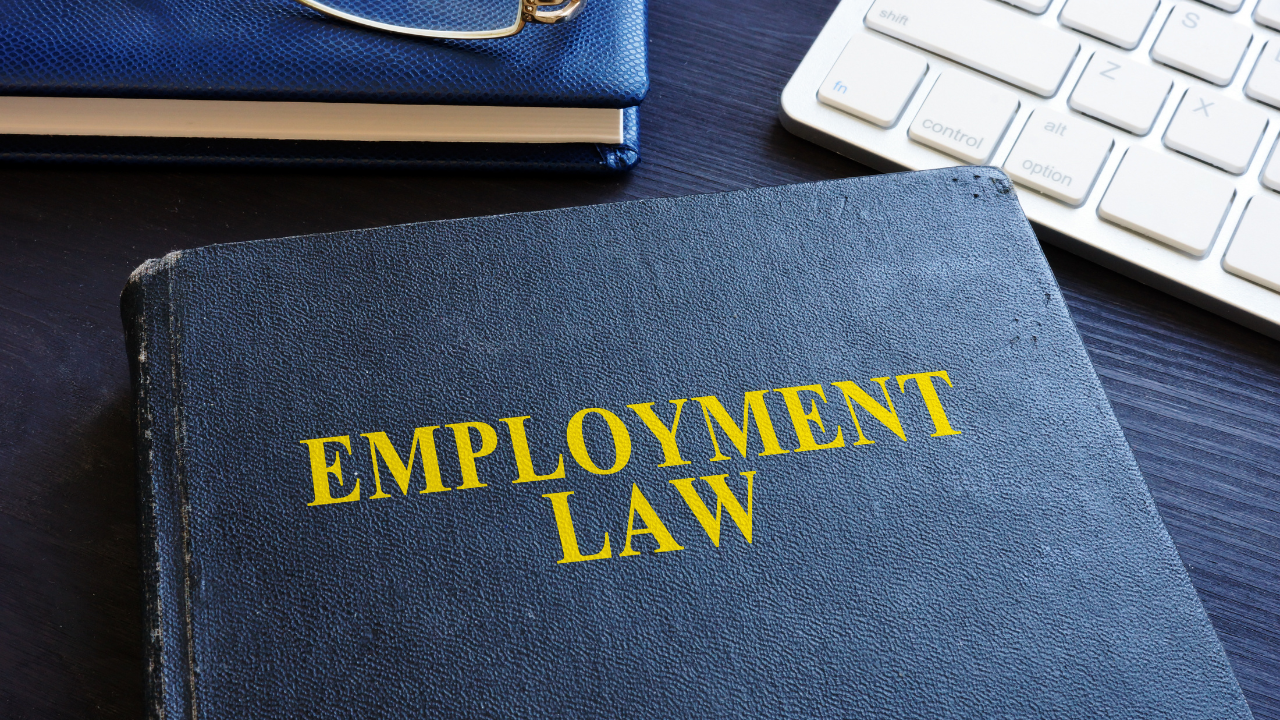Dealing with disciplinary and grievance issues in the workplace can be distressing for employers. At Davenport Solicitors, our team of Employment Law experts is here to provide valuable advice on disciplinary grievances and investigations for employers.
Considering Disciplinary Action
Before taking disciplinary action against an employee, it’s essential to assess whether formal action is necessary. Exploring informal discussions to address the issue might be a viable option. However, if a written warning is given to the employee and retained on their personnel file, it could be seen as a formal disciplinary warning. To ensure a fair disciplinary or grievance procedure, expert employment law advice is crucial, and that’s where we come in.
Our Expertise in Disciplinary and Grievance Procedures
As an award-winning law firm in London, Davenport Solicitors boasts extensive experience in advising employers on all aspects of disciplinary and grievance procedures. Our focus is on ensuring a fair and proper process to protect our clients’ interests and prevent employment tribunal claims.
In certain circumstances, employers may engage in “without prejudice” correspondence with employees involved in disciplinary or grievance matters, which could lead to a settlement agreement and the termination of employment.
How We Assist Employers
The ACAS code outlines the recommended process for employers when handling a grievance or disciplinary issue. Failure to adhere to the code correctly may result in a 25% increase in compensation if an employee successfully brings a tribunal claim related to their grievance or disciplinary.
We guide employers through this complex code to minimise the risk of such claims.
We also ensure that employers’ internal disciplinary and grievance policies align with or exceed the rights and protections recommended by ACAS. Employees can raise grievances regarding various workplace issues, such as health and safety, bullying, harassment, and discrimination.
Addressing Grievances
When a grievance is raised, employers should respond within a reasonable period. Informal discussions might be attempted to resolve the issue, but formal meetings may be necessary if informality fails.
If needed, an investigation may be carried out, especially if the grievance involves another employee. Employers should communicate the investigation results to the employee who raised the grievance, providing an opportunity to appeal the decision.
Disciplinary Action Process
Disciplinary action may be initiated for allegations of (gross) misconduct. An investigation is typically conducted before a formal disciplinary meeting, and the employee may be suspended, based on their employment terms.
During the disciplinary meeting, the allegations are presented to the employee, and they have the chance to respond. After the meeting, the outcome is communicated in writing, along with the right to appeal.
Our Assistance
Our expert legal advice and support help employers navigate disciplinary and grievance issues step-by-step, reducing the risk of employment tribunal claims. Count on us to resolve these matters effectively and in the best interests of your organisation.
Contact Us for Disciplinary Grievances and Investigations Advice
For expert legal advice on handling disciplinary and grievance matters, reach out to our team of Employment Law Solicitors. Let us assist you in managing these issues professionally and efficiently.













